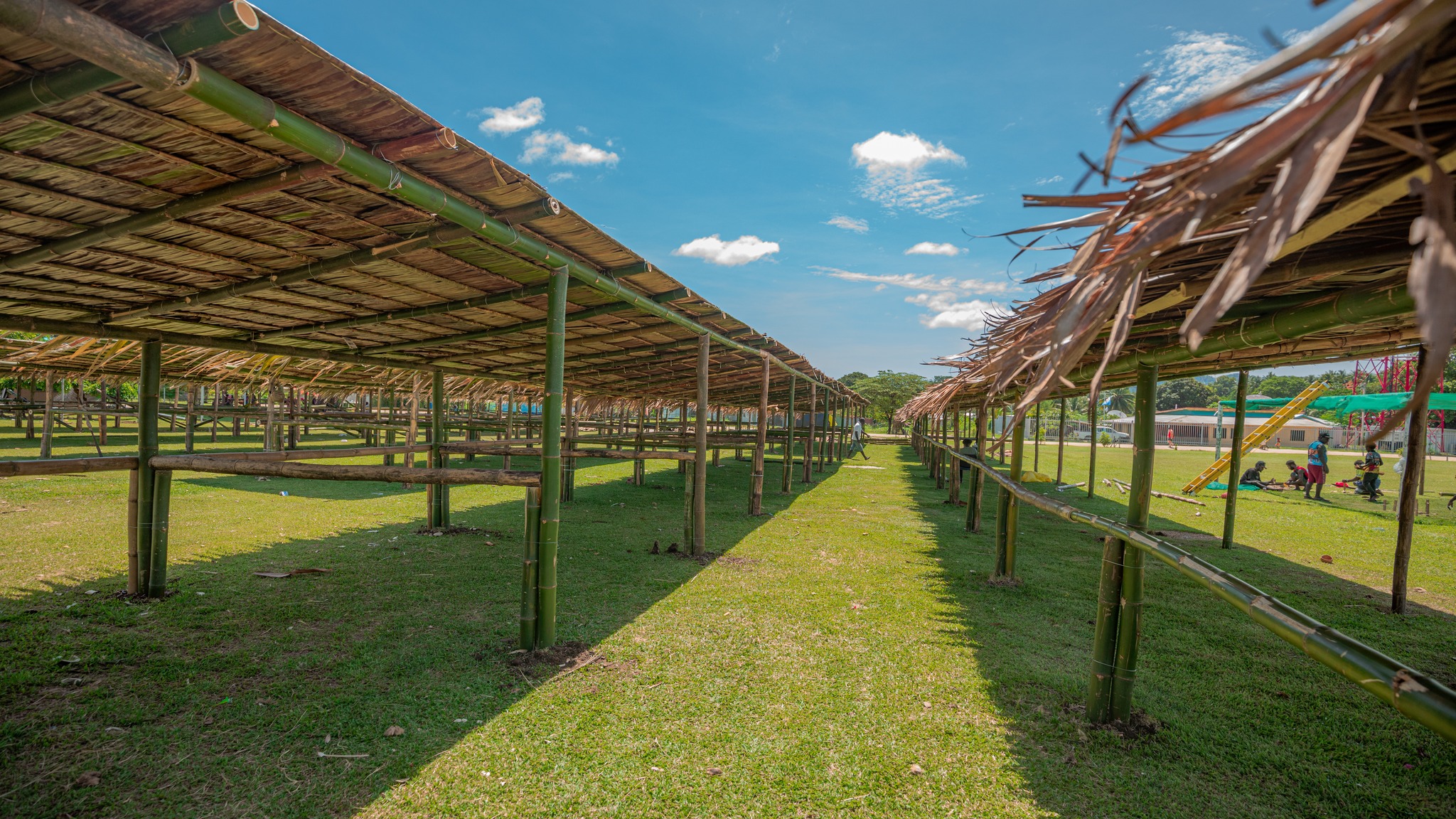NEWS
PNG EMBRACES KOREA’S SMU MODEL FOR DEVELOPMENT
![]() By Paula David |
April 5, 2025
By Paula David |
April 5, 2025

Related News
LATEST NEWS






